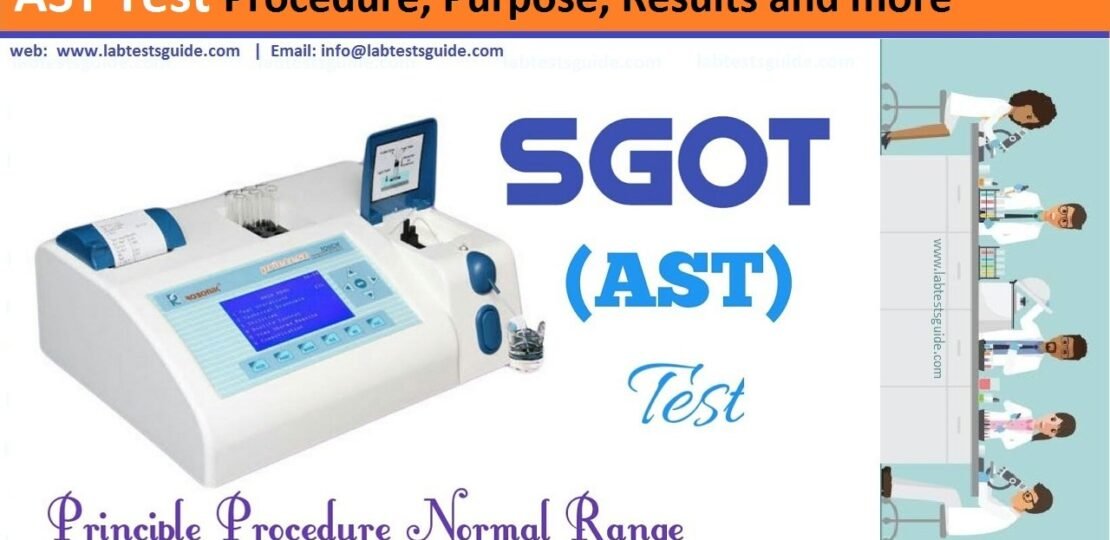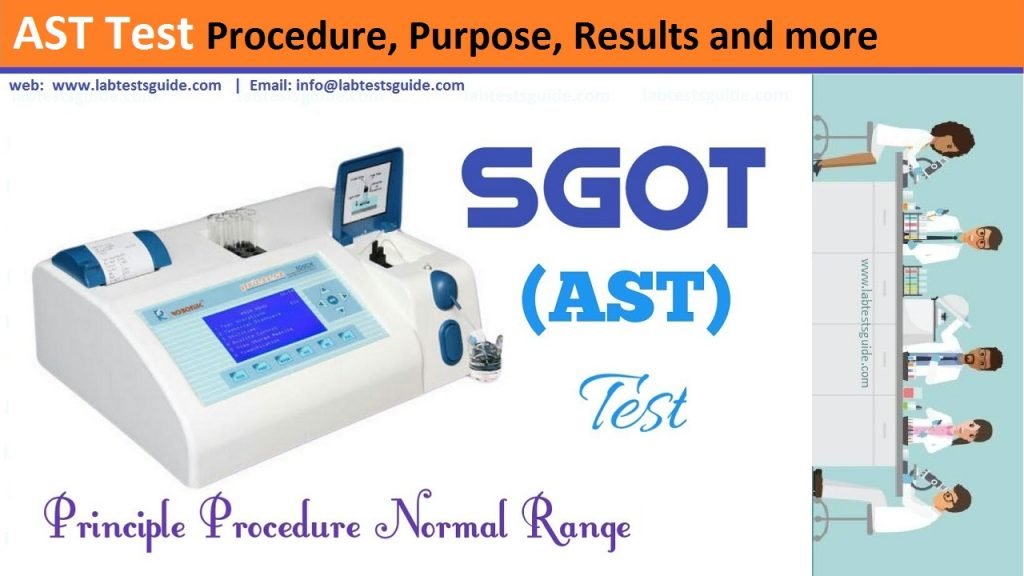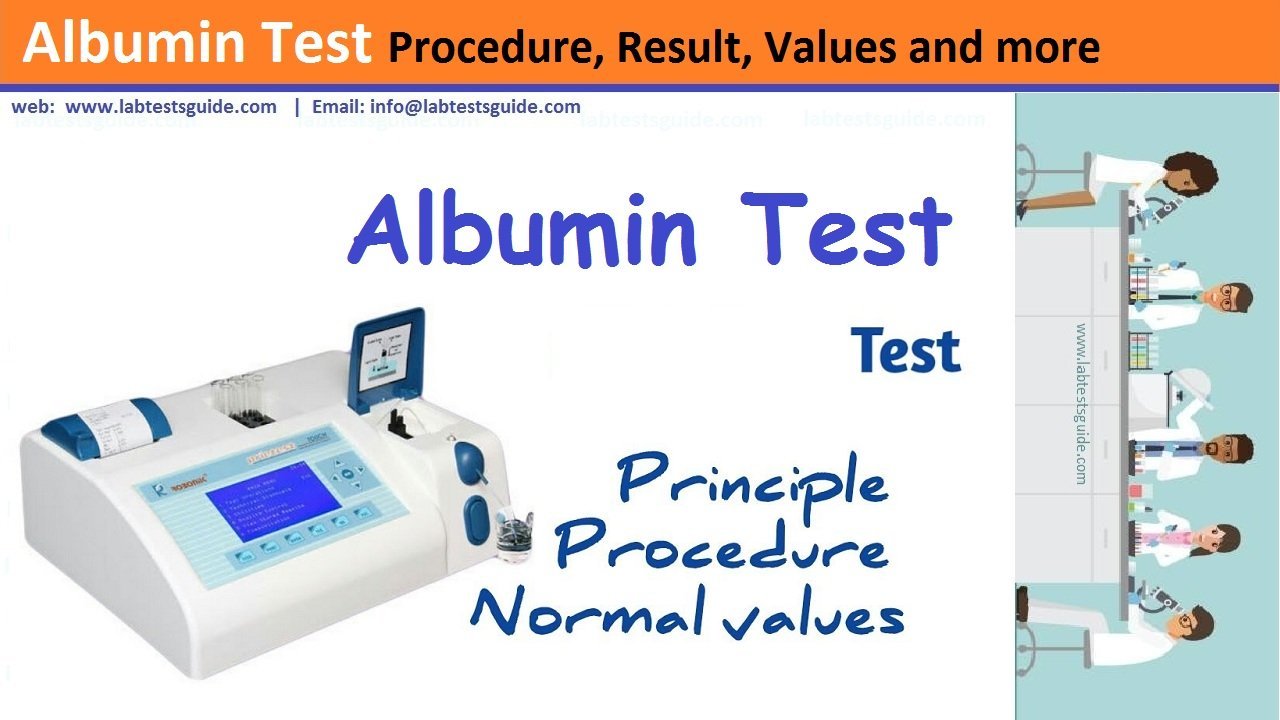
AST is an enzyme that helps metabolize amino acids. Like ALT, AST is normally present in blood at low levels. An increase in AST levels may indicate liver damage, disease or muscle damage.

Also Known as : AST, Serum Glutamic-Oxaloacetic Transaminase, SGOT, GOT, Aspartate Transaminase, ASAT
Test Panel: Total Bilirubin, Conjagated Bilirubin, Unconjugated Bilirubin, ALT, AST, ALP, Total Protein, Albumin, Globulin, A/G ratio, GGT,
Kinetic UV method
Kinetic UV method based on IFCC recommendations
Principle :
Aspartate aminotransferase (AST) catalyzes the transfer of the amino group from L-aspartate to -ketoglutarate to yield oxaloacetate and L-glutamate. Malate dehydrogenase (MDH) catalyzes the reduction of oxaloacetate with simultaneous oxidation of NADH+ to NAD. The resulting rate of decrease in absorbance at 340 nm is directly proportional to the AST activity. Lactate dehydrogenase (LDH) is added to prevent interference from endogenous pyruvate which is normally present in serum.
Kit Contents:
- R 1 : SGOT Enzyme Reagent
- Buffer Tris, pH = 7.5 —– 125 mmol/L
- L- aspartate ———— 600 mmol/L
- LDH ————– ≥ 0.9 U/L
- MDH —————— ≥ 0.6 U/L
- Detergent, preservative.
- R 2 : SGOT Substrate Reagent
- NADH —– 0.18 mmol/L
- α -ketoglutarate —- 15 mmol/L
- Detergent, preservative.
Test Requirements :
- Test Tubes
- Micropipettes
- Tips
- Bio-Chemistry analyzer
- SGOT Test Kit
- Calibrator
Reagent Preparation and Stability :
Working Reagent:
4 Part of R1 (0.8 ml)
1 Part of R2 (0.2 ml)
and Mix well
Avoid direct exposure to light. Stability of working reagent: 3 days at 2 – 8 °C.
Specimen collection and handling:
Analyzer Parameter Required :
| Reaction Type | Kinetic (decreasing) |
| Wavelength | 340 nm (334nm – 365nm) |
| Cuvette Temp | 37°C |
| Delay Time | 60 sec |
| Interval Time | 60 sec |
| No. Of reading | 2 |
| Zero Setting | Against air or Deionised Water |
| Light Path | 1 cm |
| Factor | 1746 |
Test Procedure:
Pipette into clean dry test tube labeled as (T) and Calibrator Label (c) and QC Label (QC) or as your required:
| Specimin | (T) | (C) / (QC) |
|---|---|---|
| Working Reagent | 1.0 ml | 1.o ml |
| Pt. Sample | 0.1 ml | – |
| Calibrator or QC | – | 0.1 ml |
| Mix well and read the initial absorbance after 1 min and repeat the absorbance reading after every 1, & 2 mins. Calculate the mean absorbance change per minute (Δ OD/min.). |
CALCULATION : SGOT activity (U/L) = D A/min. x 1746
NOTE: Samples having a very high activity show a very low initial absorbance as most of the NADH is consumed prior to the start of the measurement. If this is suspected then dilute the sample and repeat the assay
LINEARITY :
The procedure is linear upto 300 U/L.
if the activity exceeds this limit dilute the sample with normal saline (NaCl 0.9 %) and multiply result by dilution factor.
QUALITY CONTROL :
For accuracy it is necessary to run known controls with every assay.
Normal Value :
Serum : < 40 U/L
Note: Each Laboratory or Each Company Kits should establish it’s own normal range.
Related Articles:
RELATED POSTS
View all

